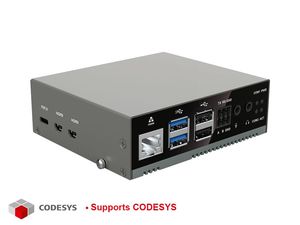Introduction to Industrial Raspberry Pi
The industrial Raspberry Pi represents a significant leap forward in embedded computing. It enables companies to harness the power of the Raspberry Pi platform while ensuring reliability and durability tailored for industrial applications. These compact computers are designed to withstand harsh environments, making them ideal for automation, monitoring, and data logging across various industries.
Types of Industrial Raspberry Pi
When it comes to the industrial Raspberry Pi, several types cater to specific needs and applications:
- Standard Models: Typically offer a range of processing power and memory, suitable for general tasks.
- Extended Temperature Models: These versions can operate in extreme temperatures, ranging from -40°C to 85°C.
- Ruggedized Versions: Encased in robust housings to protect against dust, moisture, and shock.
- IoT-focused Variants: Equipped with additional features like wireless connectivity options for seamless integration with IoT systems.
Applications of Industrial Raspberry Pi
The versatility of the industrial Raspberry Pi opens up a variety of applications across different sectors, including:
- Manufacturing Automation: Used for monitoring production lines and managing machinery operations.
- Smart Agriculture: Employed in precision farming technologies for soil monitoring and climate control.
- Data Acquisition: Suitable for collecting and analyzing data in real-time from various sensors.
- Environmental Monitoring: Allows for checking air quality, temperature, and other vital parameters in industrial settings.
Features and Advantages of Industrial Raspberry Pi
Choosing an industrial Raspberry Pi comes with an array of features and benefits that enhance its functionality:
- Robust Build Quality: Designed for durability, ensuring long-term performance even in demanding environments.
- Versatile I/O Options: Offers multiple input and output ports, allowing for extensive connectivity and expansion capabilities.
- Cost-Effective: A low-cost alternative to traditional industrial computers without compromising on features.
- Community Support: Backed by a large community, offering vast resources and ongoing updates which facilitate troubleshooting and development.
- Energy Efficiency: Consumes less power, making it a sustainable choice for energy-conscious enterprises.











































































































































































































